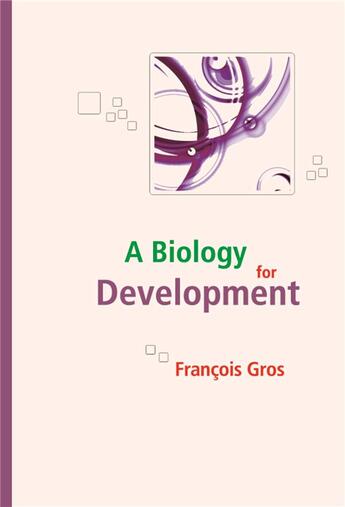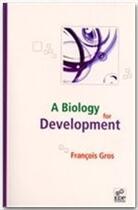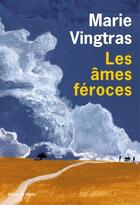-
Date de parution : 26/03/2009
-
Editeur :
Edp Sciences
-
EAN : 9782759804023
-
Série :
(-)
-
Support :
Papier
Résumé:
Présentation courte Ce livre a pour but de faire le point sur les apports actuels ou privisibles des sciences de la vie, au regard des questions de diveloppement. En anglais Résumé Where will humanity stand at the dawn of the 22nd century? The answer depends on our determination to control the... Voir plus
Présentation courte Ce livre a pour but de faire le point sur les apports actuels ou privisibles des sciences de la vie, au regard des questions de diveloppement. En anglais Résumé Where will humanity stand at the dawn of the 22nd century? The answer depends on our determination to control the powerful transformations that accompany the beginning of the 21st: unprecedented demographic growth, ageing of populations, irrepressible migratory flows, dramatic reduction of some natural resources, disruption of millennial climatic cycles, rapid spread of new pathologies...
A number of these transformations are part of the generally complex, often inevitable evolution of our planet, not only geo-ecologically, but also in economics, politics, society... However, many of them present a challenge to development, that unique ability of human societies to improve their condition.
To cope with these evolutions and threats, the resources offered by science have never seemed so crucial, even if science alone cannot provide the answer. Nothing less than a scientific revolution is needed, a revolution that will give us more durable control of our destiny, leading to a world of greater solidarity and respect of our environment.
All, or almost all, scientific disciplines are concerned. But the life sciences are more than any other, already engaged as they are today in a process of profound change in their concepts, exploratory techniques and applications.
Donner votre avis
















